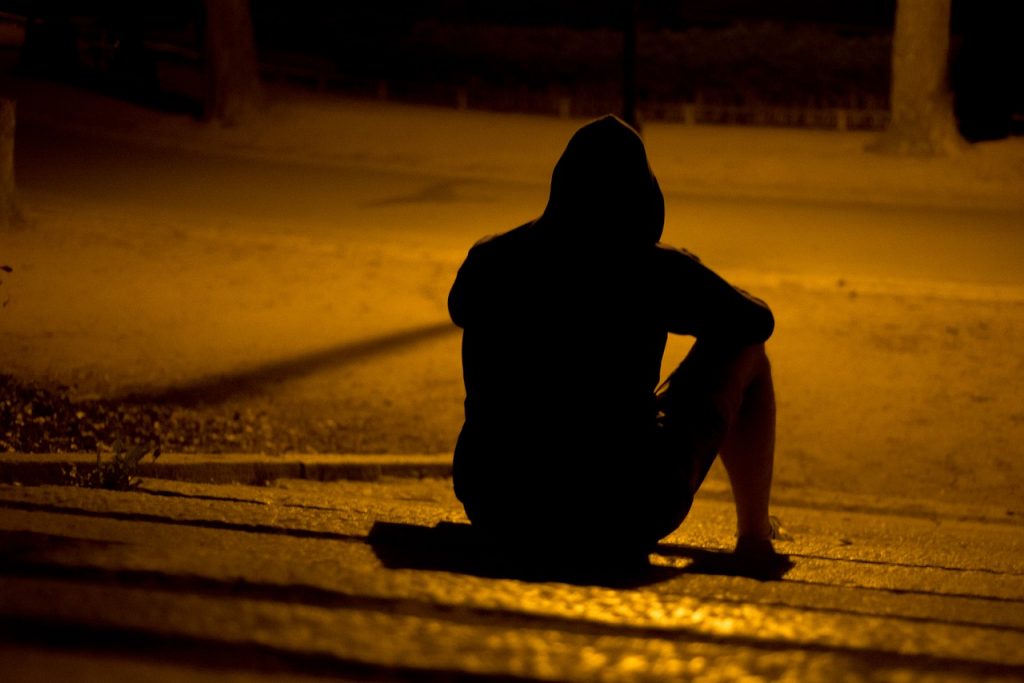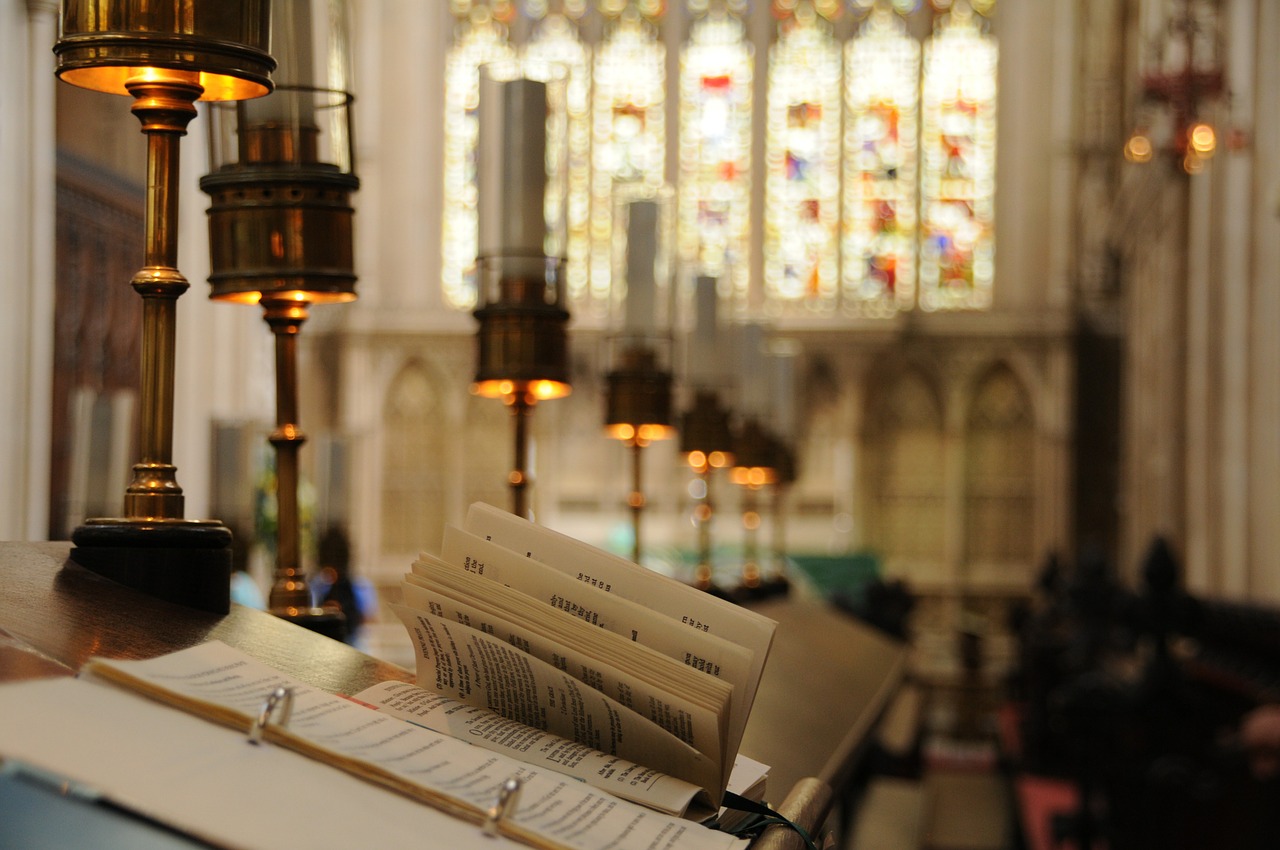The Church of England has been accused of treating sexual abuse allegations with secrecy to uphold its own reputation rather than dealing with the needs of survivors.
The Independent Inquiry of Child Sexual Abuse criticised the way the church handled the case of Peter Ball, a former Bishop for Lewes and Gloucester and clergymen within the Diocese of Chichester.
Between 1970 and 1992, Ball was accused of a series of sexual abuse allegations, but they were mostly ignored or downplayed by the church.
In 1993, he was cautioned by police and resigned as a bishop but was allowed to continue officiating in the Church of England.
Ball was finally jailed in 2015, more than 20 years after the initial allegations were made.
Who Was To Blame?

Image credit: Pixabay
The report comes after the inquiry heard testimonials across four weeks last year. Victims told how they were “disbelieved and dismissed” by authorities, including the Diocese of Chichester, where 18 members of the clergy have been convicted for sexual offences over a 50-year period.
The report explained that Ball “was able to sexually abuse vulnerable teenagers and young men for decades” due to a serious failure of leadership by the former Archbishop of Canterbury, George Carey.
A separate inquiry found Carey had delayed a “proper investigation” into Ball for two decades, and that he had “failed to have sufficient regard for the wellbeing of complainants, victims and survivors affected by Peter Ball’s behaviour”.
The responses to child sexual abuse were marked by secrecy, prevarication, avoidance of reporting alleged crimes to the authorities and a failure to take professional advice.
IICSA report
“Misguided” support by the Prince of Wales was also pinpointed as a key reason Ball went for so long without consequences.
Prince Charles maintained correspondence with Ball after the allegations, up until he was arrested. The Prince personally spoke to the Archbishop of Canterbury to help Ball return to ministry, and also rented property to the abuser. He has since said he regrets being “deceived” by Ball.
The report also blamed the Crown Prosecution Service for missing an opportunity to charge Ball with a string of offences in 1992.
A Reaction ‘Marked By Secrecy’

Image credit: Pixabay
The Church of England should have been a place which protected all children and supported victims and survivors.
Bishop Peter Hancock, the Church of England’s safeguarding lead
The report noted that responses to child sexual abuse “were marked by secrecy, prevarication, avoidance of reporting alleged crimes to the authorities and a failure to take professional advice.”
It explained that a “tribalism” around the church had led to the “damaging consequence” of children’s protection being compromised.
Bishop Peter Hancock, the Church of England’s safeguarding lead, thanked victims and survivors for their “courage in coming forward”, and described their testimonies as “shocking and uncomfortable listening”.
“The report states that the Church of England should have been a place which protected all children and supported victims and survivors and the inquiry’s summary recognises that it failed to do this,” Bishop Hancock added.
Main image credit: Pixabay







